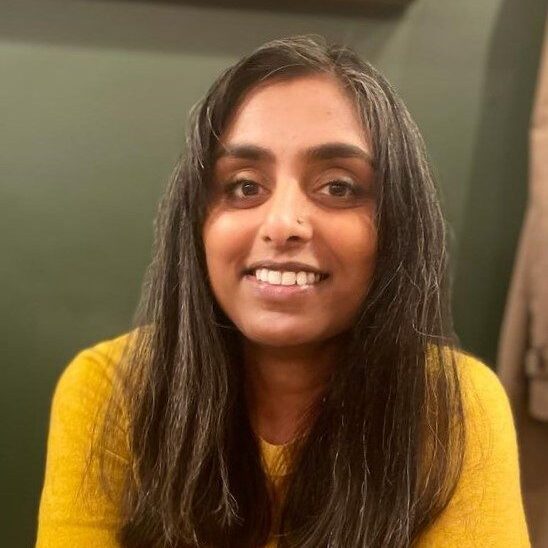
PhD
FHEA (Fellow of the Higher Education Academy)
I’m an interdisciplinary social scientist, with research focused on social justice and environmental issues. My work is about supporting efforts to build a fairer, more sustainable world by focusing on how power, inequality and structural injustice play out in everyday life. I started my career in the third sector, where I worked closely with marginalised communities affected by poverty, racism and exclusion which has informed my academic work.
My approach
I take a decolonial feminist ethnographic approach that carefully considers power, positionality, accountability, and responsibility throughout the research process. Drawing on feminist and decolonial traditions, I engage with communities not as subjects of study, but as co-creators of knowledge. My work challenges extractive and hierarchical models of research by centring lived experience, story, emotion, and embodiment.
I use a range of methods including life history interviews, participatory and arts-based approaches, and critical reflexive writing to explore how structures of oppression are experienced and resisted in everyday life. This approach allows me to engage deeply with questions of voice, representation, and justice, particularly in relation to gendered and racialised inequality. For me, decolonial feminist ethnography is not just a method it’s an ethical and political commitment to knowledge production.
I’m focusing on building new partnerships and collaborating with research teams, higher education institutions, and organisations that are committed to asking difficult questions and developing impactful solutions to pressing global challenges. For me, research isn’t just about knowledge production it’s about connection, disruption, and building alternatives. I’m now collaborating with the ACCESS team as a freelance researcher, where I advise on Equality, Diversity, and Inclusion strategies to increase diverse participation, and facilitate research collaboration opportunities so we can do better science! Additionally, I continue to teach and supervise PhD students across various academic institutions.
Transformation through learning: Education about, for, and as sustainability
Gajparia, J., Strachan, G. and Leverton, K. (2022). Transformation through learning: Education about, for, and as sustainability. Frontiers in Sustainability. 3, p. 982718. https://doi.org/10.3389/frsus.2022.982718
Identifying Assessment Opportunities in Postgraduate Learning for Sustainability
Gajparia, J., Strachan, G., Vare, P. and Ferguson, T. (2021). Identifying Assessment Opportunities in Postgraduate Learning for Sustainability. Discourse and Communication for Sustainable Education. 12 (1), pp. 151-175. https://doi.org/10.2478/dcse-2021-0011
Covid-19, domestic abuse and what universities can do for students
Magill, Christine, Gajparia, J., Havard, T., Shepherd, R. and Kibirige, N. (2020). Covid-19, domestic abuse and what universities can do for students. Wonkhe.
Capitalising on rapport, emotional labour and colluding with the neoliberal academy
Gajparia, J (2016). Capitalising on rapport, emotional labour and colluding with the neoliberal academy. Women’s Studies International Forum. 61, pp. 87-92. https://doi.org/10.1016/j.wsif.2016.10.015
Agency, Resistance and Subversion: Voices in the Field
Gajparia, J (2016). Agency, Resistance and Subversion: Voices in the Field. in: Takhar, S (ed.) Gender and Race Matter: Global Perspectives on Being a Woman Emerald.
I am an ACCESS Leadership College Fellow and a Flex Fund awardee. Read about my project here, Dismantling the Legacy: Decolonizing Conservation and Environmental Sectors in UK using a Social Justice Framework.